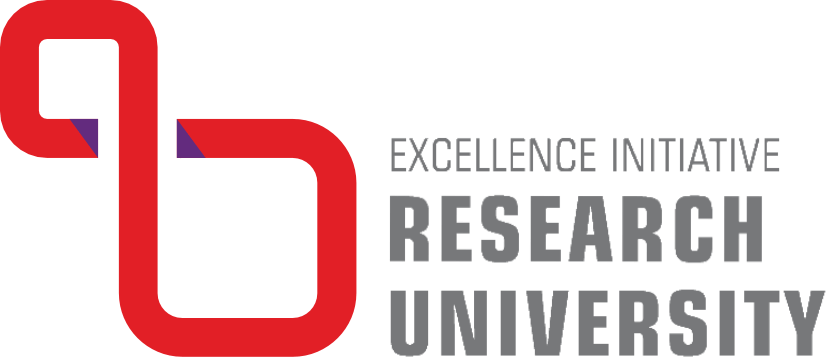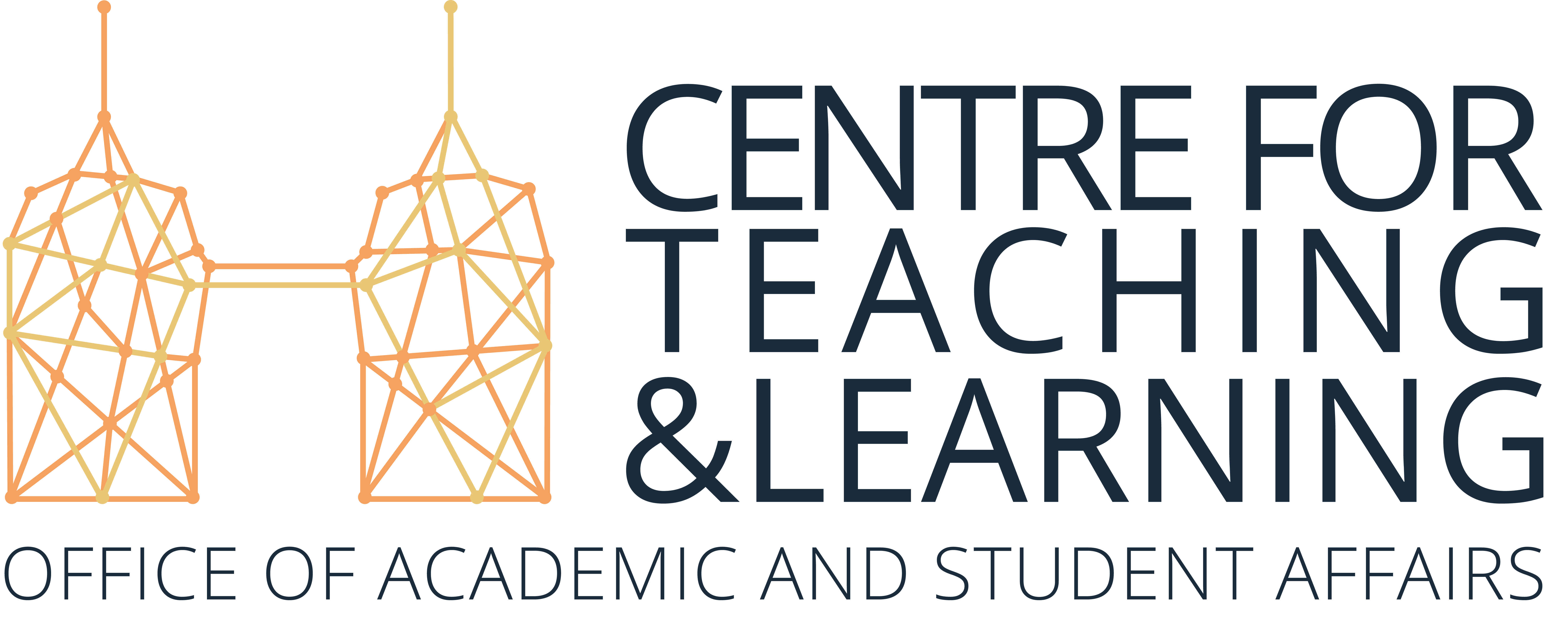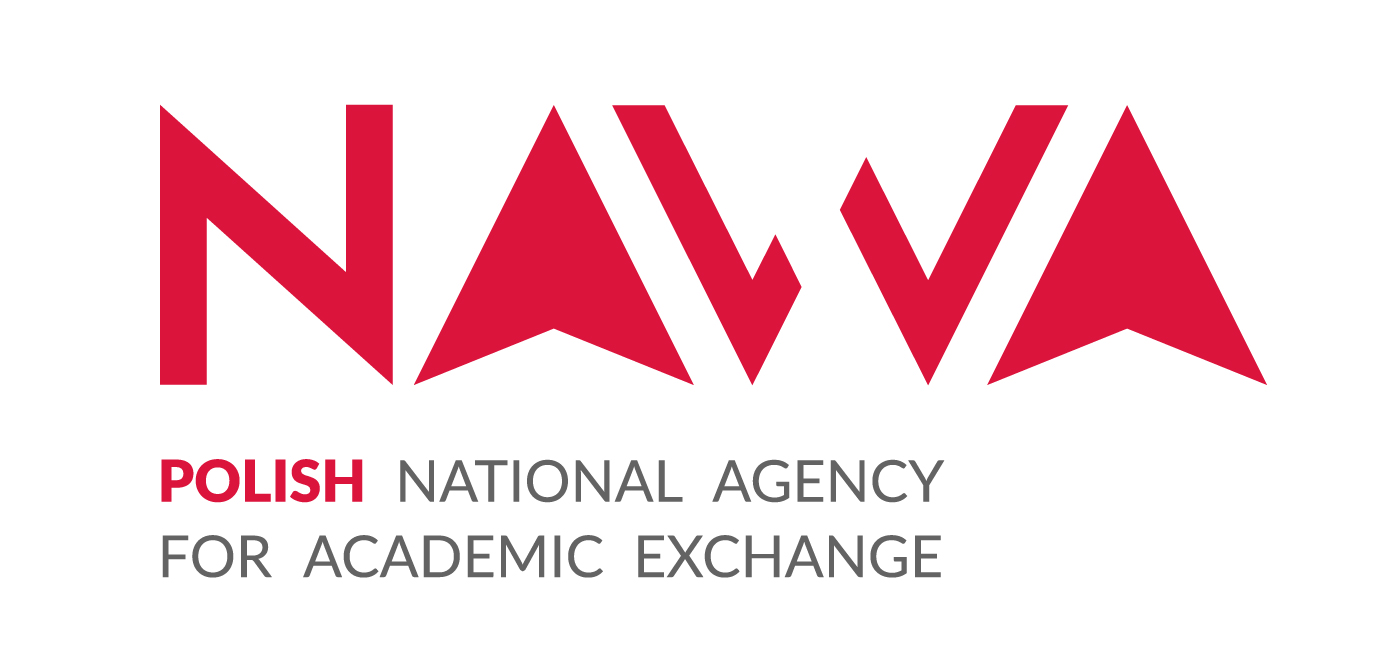
The University of Warsaw has launched online courses in the use of the IBM® SPSS® platform. The courses are open to UW employees under contract or appointment, beginners and intermediate users of the IBM SPSS software.
The IBM® SPSS® platform offers advanced statistical analysis, an extensive library of machine learning algorithms, text analytics, extensibility with open source solutions, integration with large datasets and seamless deployment into applications.
Course description:
-
22.02 – 16.06.2023 Inferential Statistics using IBM SPSS – BASIC
weekly on Fridays at 10:00 am – 11:30 am., online
Trainer: dr Breno Silva, Faculty of Modern Languages
Learners will be able to understand the importance of statistics to obtain reliable empirical results and will be able to assess the data, run the most popular tests to compare groups,run correlations and simple regressions.
Learning outcomes:
▪ learn how to manage the large datasets for future analyses;
▪ learn how to analyse data, check for assumptions in the data, and learn different ways to deal with the assumption in the data;
▪ understand the data format from common correlational and experimental research designs;
▪ better understand third party research findings;
▪ conduct the most common statistical analysis (T-test, ANOVAs, correlations, linear regressions).
Expectations of the participants:
- English proficiency at B2 (upper-intermediate) or higher;
- Software IBM SPSS statistics installed and ready to use (the license is available for staff and students at the University of Warsaw).
Registration under the LINK. To sign-up please use your CAS account.
Registration deadline: February 20th, 2023
-
22.02 – 07.06.2023 Inferential Statistics using IBM SPSS – INTERMEDIATE
Weekly on Wednesdays at 12:30 pm – 2:00 pm, online
Trainer: dr Breno Silva, Faculty of Modern Languages
Learners will be able to deal with non-linear data, multilevel data, and will be able to conduct analysis on several variables in order to identify commonalities (e.g., factors) among the variables.
Learning outcomes
After completing the course, a participant will:
▪ Understand how to explore the data, check assumptions, solve potential problems (when possible), and conduct the most common tests designed to compare groups and analyze relationships between variables.
▪ Have basic knowledge of more modern, robust, and computationally intensive methods such as bootstrapping and Monte Carlo simulations.
▪ Have basic knowledge of some types of non-linear regression models.
▪ Have basic knowledge of linear mixed-effects models: theory and practice.
▪ Become familiar with exploratory factor analysis: theory and practice.
IBM SPSS intermediate – Agenda (PDF ENG)
Expectations of the participants:
- English proficiency at B2 (upper-intermediate) or higher;
- Software IBM SPSS statistics installed and ready to use (the license is available for staff and students at the University of Warsaw).
- Completion of the first part of this course: Inferential Statistics Using IBM SPSS (Basics).
- Those participants who have not completed the basic course are required to have at a minimum working knowledge of the following topics:
▪ The meaning of p values and the importance of effects sizes
▪ The assumptions of parametric tests: how to check the assumptions and potentially solve problems when the assumptions are not met.
▪ T-tests (independent and dependent), ANOVAs (including interactions).
▪ Linear regression analysis (simple and multiple regression) and their assumptions (except for multicollinearity)
To sign-up please use your CAS account. Registration under the link.
Registration deadline: February 20th, 2023
Terms and conditions for participation:
The general conditions for participants:
Academic staff employed in the research group and research and teaching group are eligible to participate in the training after correct registration. Other staff members may participate in the training provided they are performing research-related duties.
Non-academic staff are required to obtain approval from their immediate supervisor to be excused from part or all of their working day for the time necessary to arrive punctually for obligatory courses and for the duration of the development activity carried out under the Excellence Initiative – Research University Programme (IDUB).
In case of any questions, please email at: szkolenia.dydaktyczne@uw.edu.pl
Course implemented under the Excellence Initiative – Research University Programme (IDUB) in cooperation with the School for International Science of the Faculty of Modern Languages UW.









